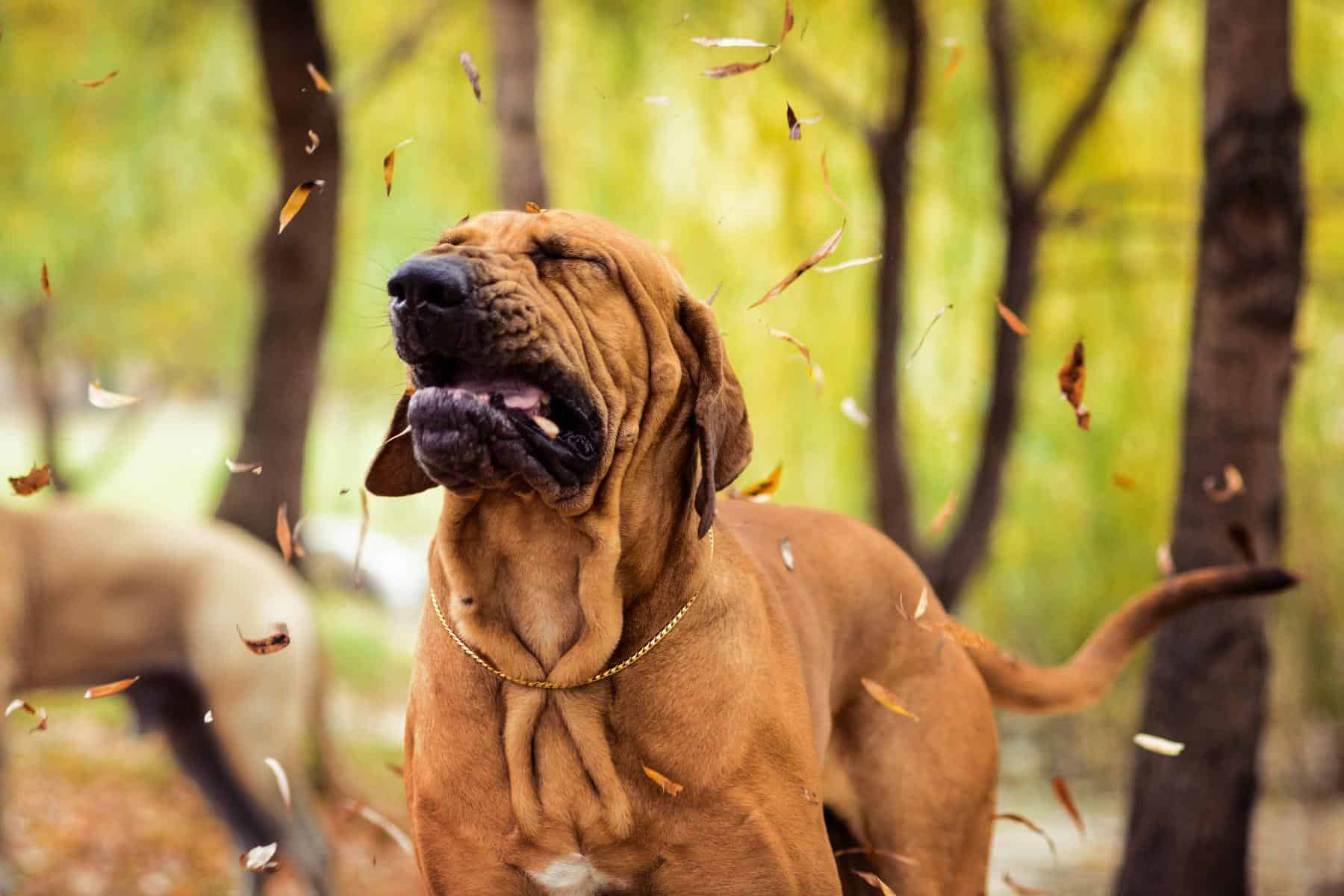November Is for Noses: What That Sniffle Might Really Mean

There’s nothing cuter than the tiny achoo! of a puppy or kitten, and if you live with furry friends, you’ve probably witnessed more than a few sneezes that made you smile. But sneezing pets aren’t always just making funny noises—they could be showing early signs of something more serious.
At BranchVet, we believe November is the perfect time to notice noses, because cooler weather can bring colds, coughs, and other concerns for our four-legged friends.
When Is a Sneeze Just a Sneeze?
Sometimes, a sneeze is simply how cats and dogs clear dust, pollen, or a stray bit of fur from their adorable noses. Dogs, especially, use their noses to explore the world, which means they may need to sneeze now and then after sniffing their way through the yard.
Sneezing pets are usually nothing to worry about, but if your pet is sneezing excessively, sounds congested, or shows other changes in health or behavior, it might be time to have your veterinarian take a closer look.
Common Dog Cold Symptoms
Just like people, dogs can exhibit cold-like symptoms. Some of the most common dog cold symptoms include:
- Frequent sneezing
- Runny nose or watery eyes
- Mild coughing
- Lethargy
While colds in dogs are often mild, they can sometimes develop into a pet respiratory infection, which may require veterinary care.
What About Cats?
Cats aren’t immune to seasonal sniffles either. Feline upper respiratory infections are fairly common, especially in multi-cat households or shelters. If your cat’s sneezing is paired with discharge from the eyes or nose, loss of appetite, or changes in breathing, it could signal a pet respiratory infection rather than a harmless tickle.
Seasonal Illness in Pets
When the leaves fall, allergies and seasonal illnesses in pets typically rise. Cooler weather means more time indoors—and more opportunities for viruses and bacteria to spread among pets at boarding facilities, dog parks, and even grooming salons. If you notice your furry friend sneezing, coughing, or showing other signs of being under the weather, it’s best not to wait it out. Early attention from your veterinarian can help prevent a simple cold from turning into something more serious.
When to Call the Vet
Not every sneeze needs a doctor visit, but here are a few red flags that signal it’s time to schedule an appointment:
- Persistent or worsening sneezing
- Thick or colored nasal discharge
- Difficulty breathing
- Loss of appetite
- Extreme tiredness or withdrawal from play
Keeping Noses Happy and Healthy
The best way to guard against seasonal illness in pets is to stay proactive. Keep up with annual wellness exams, stay current on vaccinations and parasite prevention, and make sure your pet has a warm, clean environment. And of course, if something doesn’t seem right, trust your instincts. A quick call to our team could make all the difference.
